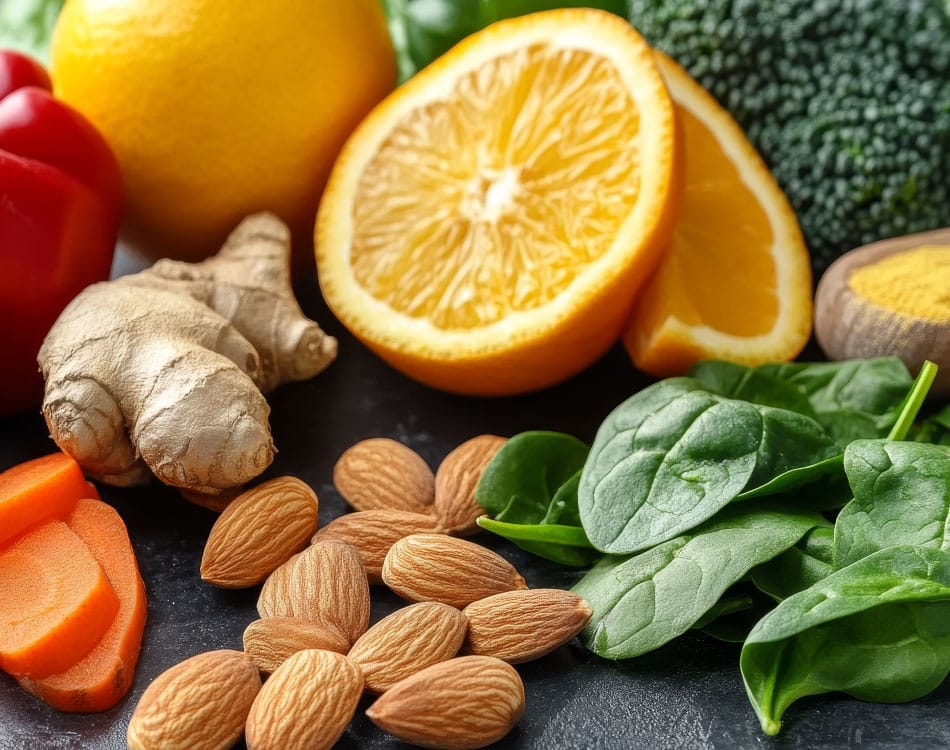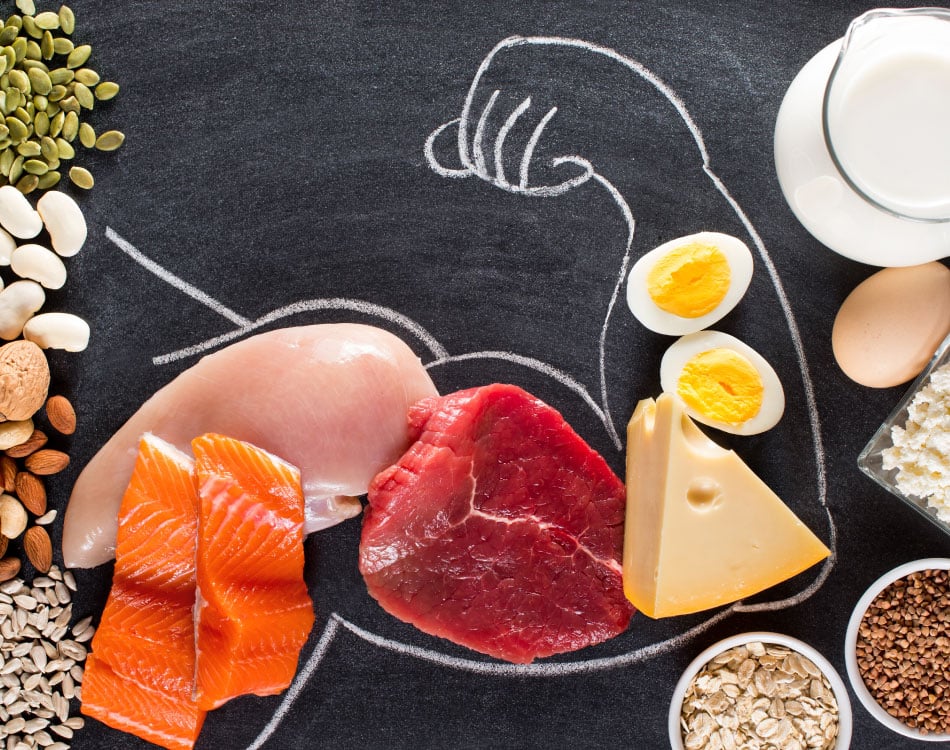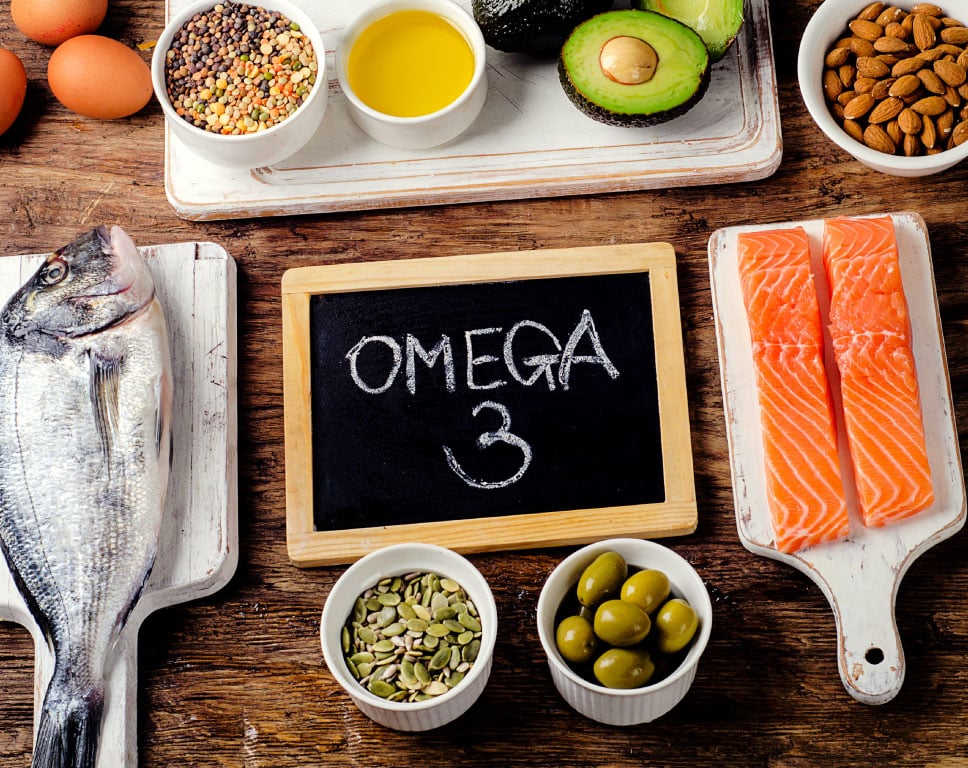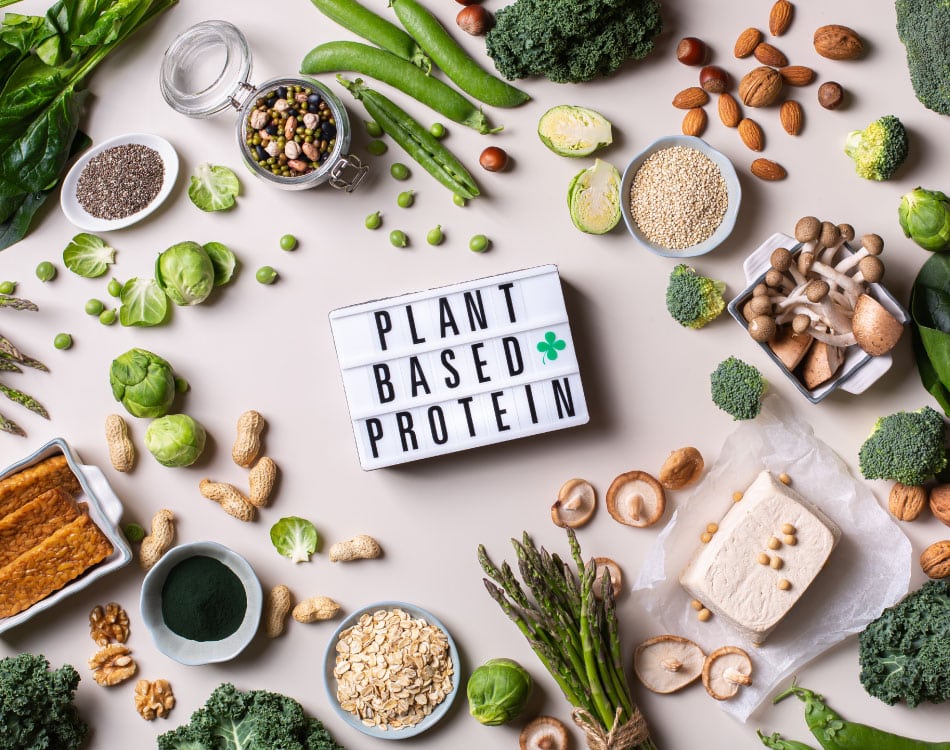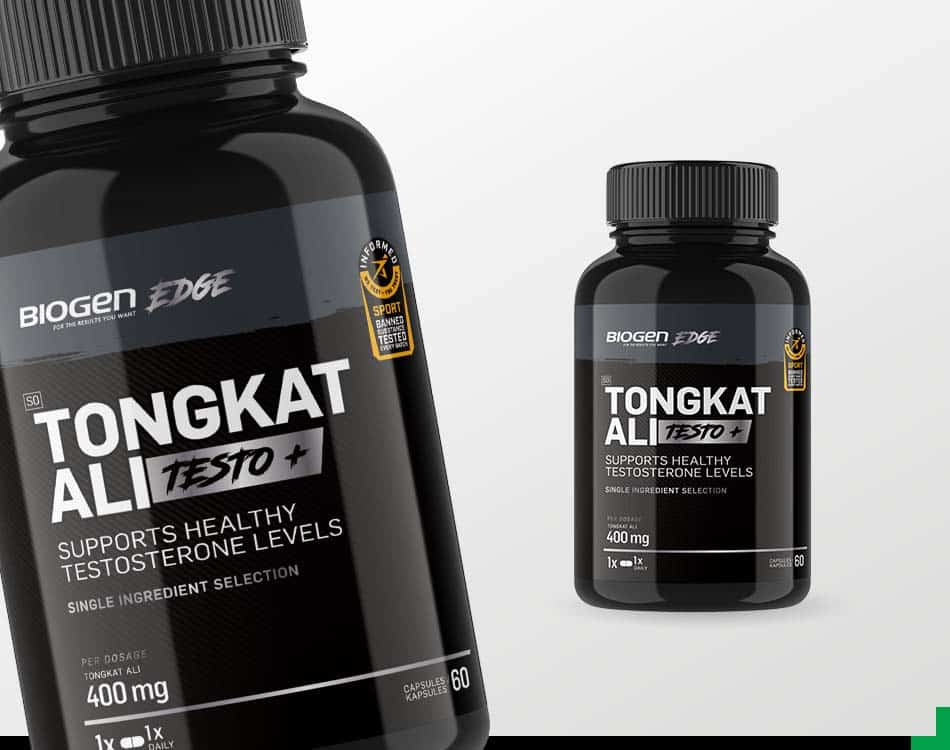If you do one thing this winter to reduce your risk of getting sick, get vaccinated. Based on available research and scientifically-validated advice, getting a flu (influenza) vaccine is one of the most effective ways to prevent getting sick and reduce your risk of getting severely ill.
During the Covid pandemic from 2020 to 2022, strategies aimed at reducing transmission risk, like wearing masks and social distancing, had a significant impact the flu season, according to the National Institute for Communicable Diseases (NICD).
Infection rates dropped over the period but have climbed steadily since then to reach pre-pandemic levels in 2023. With the 2024 flu season now in full effect, it is important to protect yourself and take proactive steps to avoid getting sick.
READ MORE | 5 ways to boost immunity to strike before the sniffles do!
Flu season already in full swing
In general, the flu seasons can start anytime from the mid- to late-April and can circulate until August, but can also run into September and beyond.
Data1 from the NICD shows that the 2024 flu season started on 22 April 2024. By early May this year, the pneumonia surveillance programme detected two dominant influenza subtypes and lineages, namely influenza A H1N1 virus (also known as swine flu) and influenza B/Victoria.
Influenza A and influenza B are common seasonal influenza strains in humans. The majority of people who get infected with these flu viruses will present with mild illness, which usually resolves within 3-7 days.
However, some groups are at higher risk of complications from flu, such as young children, older adults, and people with chronic health conditions. When the flu causes severe illness, it can lead to hospitalisation and, in severe cases, possibly death.
People most at risk of serious flu include:
- Children aged six months to five years, with the highest risk among those two years and younger
- Pregnant women or those in the postpartum period, usually the first six weeks after childbirth
- People aged 65+, particularly those living in care facilities such as old-age homes, or chronic care and rehabilitation institutions
- People who have a chronic health condition like heart, kidney or lung disease, asthma, tuberculosis, obesity or diabetes
- People with a weakened immune system
- People living with HIV
READ MORE | Trust your gut to boost your immunity
Prevention better than cure
A flu vaccination is recommended to protect against infection and severe illness. Thankfully, the success of Covid-19 vaccines boosted public confidence in vaccination as a preventive strategy2, which translated into increased willingness to get vaccinated against seasonal flu.
Studies affirm that vaccines, particularly the flu shot, are highly effective. The flu vaccine specifically targets and builds immunity against the most prevalent influenza virus strains for the upcoming flu season based on national health authority predictions for their region and World Health Organization (WHO) recommendations based on global surveillance programmes.
Flu shots used in South Africa are inactivated influenza vaccines, which means they do not contain a live virus and cannot cause the flu. After you get the jab, your immune system recognises and fights off the virus when exposed to it, preventing illness or reducing its severity.
READ MORE | 3 supplement combos to enhance immunity
Never too late to vaccinate
The best time to get the jab is before the start of the flu season because it takes about two weeks for your body to develop the relevant antibodies after getting the flu shot. However, it is never too late to vaccinate.
The flu vaccine will change every year as the virus constantly evolves and immunity to the vaccine wanes over time, which means it is beneficial to go for the jab every year. The flu vaccine’s effectiveness varies each year depending on how well the predicted strains match the circulating ones, but studies3 confirm that vaccines reduce symptoms.
Data from the Centres of Disease Control and Prevention (CDC) in the US shows that the vaccine reduces the risk of having to go to the doctor with flu by 40-60%4 during seasons when flu vaccine viruses are similar to circulating flu viruses.
And the vaccine offers even better protection against severe illness and hospitalisation from flu.
A 2018 study5 showed that among adults hospitalised with flu, vaccinated patients were 59% less likely to be admitted to the ICU than unvaccinated patients. Among adults in the ICU with flu, vaccinated patients spent four fewer days on average in the hospital than those who were not vaccinated.
3 reasons to get the seasonal flu vaccine:
- Vaccines train your immune system to recognise and fight off specific flu viruses.
- If you do get sick after a flu jab, symptoms usually milder and your recovery is quicker.
- Getting the flu shot helps reduce the spread of viruses to others.
A combined approach
While other healthy habits like regular hand washing and good hygiene practices, a balanced diet and comprehensive supplement plan, sufficient sleep, and regular exercise all help to boost your immune system and reduce your risk of infection, a seasonal flu vaccination offers the most robust defence against many common winter illnesses.
Stay one step ahead of the seasonal flu with reliable vaccination services from Dis-Chem Pharmacies. Protect yourself and your loved ones by booking your flu vaccine at your nearest Dis-Chem Health Clinic or Mom & Baby Clinic. Alternatively, contact the Clinics call centre on 086 111 7427 or email: clinicqueries@dischem.co.za.
References:
-
- Start of the 2024 influenza season. https://www.nicd.ac.za/start-of-the-2024-influenza-season/
- Zipfel CM, Colizza V, Bansal S. The missing season: The impacts of the COVID-19 pandemic on influenza. Vaccine. 2021 Jun 23;39(28):3645-3648. doi: 10.1016/j.vaccine.2021.05.049. Epub 2021 May 30. PMID: 34078554; PMCID: PMC8376231.
- Mark G. Thompson, Nevil Pierse, Q. Sue Huang, Namrata Prasad, Jazmin Duque, E. Claire Newbern, Michael G. Baker, Nikki Turner, Colin McArthur, Influenza vaccine effectiveness in preventing influenza-associated intensive care admissions and attenuating severe disease among adults in New Zealand 2012–2015, Vaccine, Volume 36, Issue 39, 2018, Pages 5916-5925, ISSN 0264-410X, https://doi.org/10.1016/j.vaccine.2018.07.028.
- Vaccine Effectiveness: How Well Do Flu Vaccines Work? https://www.cdc.gov/flu/vaccines-work/vaccineeffect.htm#:~:text=Flu%20vaccination%20can%20keep%20you%20from%20getting%20sick%20with%20flu.&text=During%20seasons%20when%20flu%20vaccine,by%2040%25%20to%2060%25.
- Deiss RG, Arnold JC, Chen WJ, Echols S, Fairchok MP, Schofield C, Danaher PJ, McDonough E, Ridoré M, Mor D, Burgess TH, Millar EV. Vaccine-associated reduction in symptom severity among patients with influenza A/H3N2 disease. Vaccine. 2015 Dec 16;33(51):7160-7167. doi: 10.1016/j.vaccine.2015.11.004. Epub 2015 Nov 10. PMID: 26562321; PMCID: PMC4684491.




